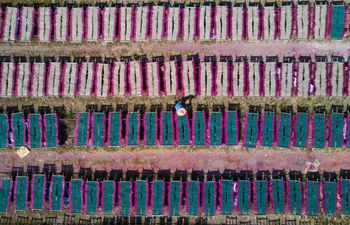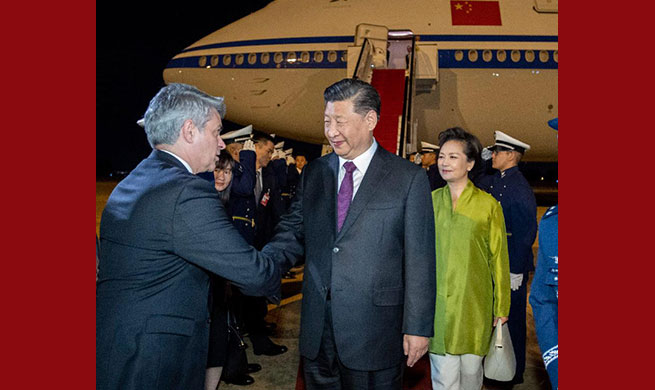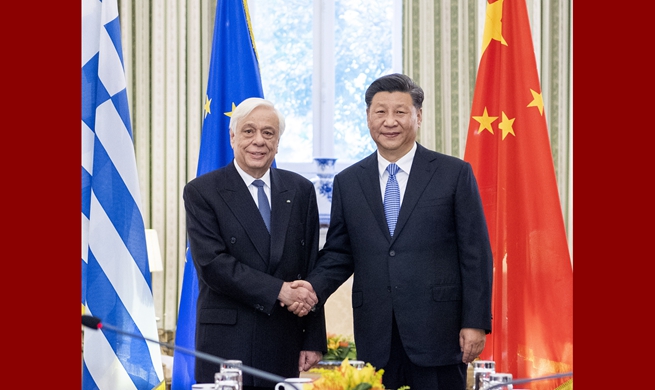NAIROBI, Nov. 13 (Xinhua) -- Greater mobilization of domestic resources as opposed to over-reliance on funding from overseas donors could provide long-term solutions to the contraceptives access gap affecting many African countries, a senior African Union official said on Wednesday.
Amira El Fadil, AU commissioner for Social Affairs said that African governments should enact policies that encourage local enterprises to invest in research, manufacture and supply of family planning commodities.
"Our continent should move away from dependence on foreign donors to sustain family planning services and this calls for more participation of local private sector to help fill access gaps rampant in low-income settings," said El Fadil.
The AU official spoke at a side event to review progress African countries have made towards achieving universal access to contraceptives held at the Nairobi Summit of International Conference on Population and Development (ICDP25) underway in Nairobi.
According to El Fadil, many African countries are on course towards realizing the goal of ensuring women of reproductive age have access to contraceptives thanks to political commitment, enactment of friendly policies and economic growth.
"There has been a significant success in population control in the last two decades and communities have come to appreciate that a reduction in fertility and number of children in any household will raise income levels," said El Fadil.
She said that the development of a Pan African common position on population and development that has already been approved by the AU Member States will promote local financing of family planning services.
Thokozile Ruzvidzo, a gender specialist at the UN Economic Commission for Africa (UNECA) said that African countries should explore innovative financing options for birth control programs amid cutbacks from foreign donors.
"Domestic funding towards family planning should be at par with other priority areas like infrastructure, health and education," said Ruzvidzo, adding that declining fertility will have a positive impact on African economies.













